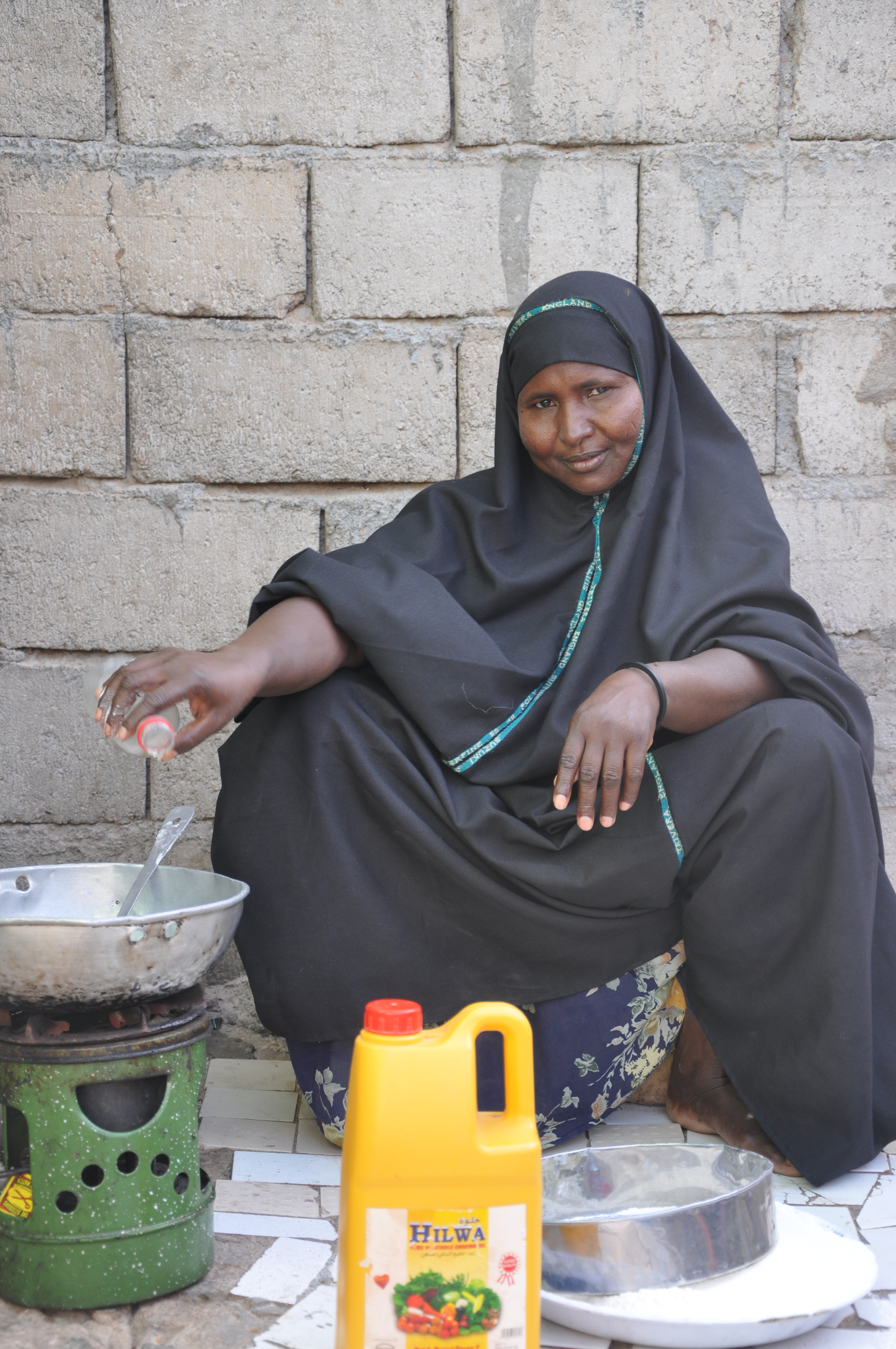 From birth to graduation, UNICEF is there for children, protecting women's
rights to bear and bring up a child that is healthy, educated and protected.
From birth to graduation, UNICEF is there for children, protecting women's
rights to bear and bring up a child that is healthy, educated and protected. State of the World's Children is the most comprehensive, up to date and authoritative data source for children and lists different indicators from every country, showing where it is best and worst to be a woman or a girl. For example:
- Somalia has the highest under five mortality rate in the world (180 out of every 1000 births die before reaching the age of five). This is compared with the lowest under five mortality rates which are in Iceland, Liechtenstein and San Marino (just 2 out of 1000 births).
- Somalia also has the highest rates of Female Genital Cutting, both in terms of
incidence and in terms of support. 98 per cent of women have been cut and 65 per cent of women
believe it should continue.
- Niger has the highest number of child brides – girls that are married before the age of 15 (36 per cent).
- Timor-Leste has the highest rates of justification of wife beating (for
specified reasons: a wife burns the food, argues with him or refuses sexual
relations) 81 per cent of men and 86 per cent of women in Timor-Leste believe wife beating in
these instances to be justified.
- Bosnia and Herzegovina has the lowest fertility rate (just 1.1 children would
be born per woman if she lived out her childbearing years and bore children at
each age in accordance to prevailing to age specific fertility rates).
- Chad has the lowest contraceptive prevalence (just 5 per cent).
- Afghanistan currently has the worst maternal mortality rate with a 1/11 chance
of dying in childbirth over a lifetime.
- Afghanistan also has the worst rates of female literacy (82 per cent of women are illiterate) and only half as many girls attend secondary school as boys.
Women are beginning to understand that there are roles for them to play in the world's poorest countries. But we have a long way to go, and we should not be so naive as to suggest that making progress will be easy. We have to work with communities to discuss why investing in women and girls is so important – the contribution women can make to their communities, as mothers, as care givers, as income earners, as role models, as leaders, as professionals ... all this is essential to the future prosperity, stability and growth of a world fit for children.
Over 320,000 children in East Africa are severely malnourished and need urgent help. We need to act now. Please donate now and save children's lives in East Africa. Thank you.

